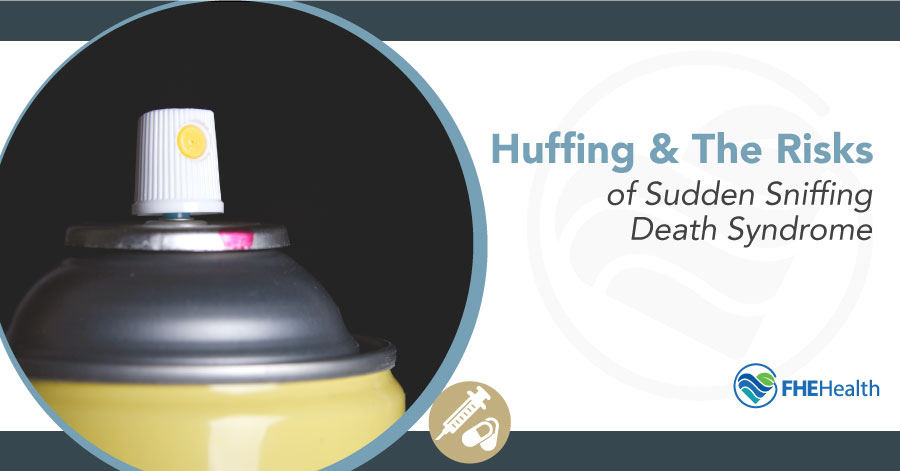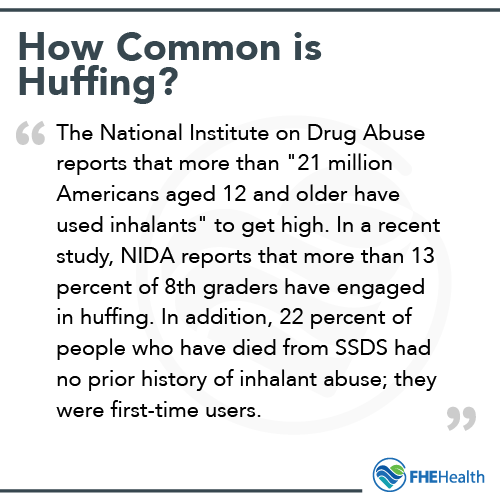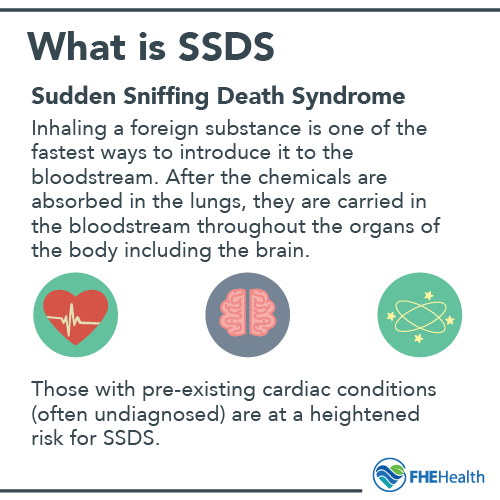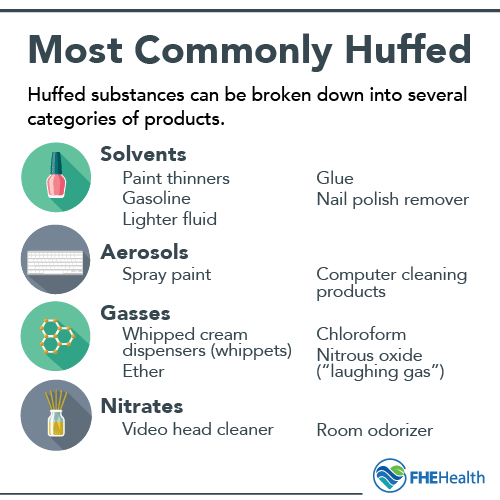
|
|
We may not think about it on a daily basis, but most of us live in homes that contain deadly substances. Paint, paint thinners, aerosol sprays, and even nail polish remover can cause serious mental and physical damage–even death–when inhaled. The chemicals found in common household products are dangerous, which is why manufacturers encourage us to open windows when we use these items and to make sure that the area is adequately ventilated.
What is Huffing?
There’s another story when it comes to these ordinary household chemicals, and it’s called “huffing.” Huffing refers to the act of purposely inhaling these types of chemicals in order to achieve a high. This type of drug abuse can cause irreparable harm and lead to dire consequences, including a complication known as “sudden sniffing death syndrome” (SSDS).

Huffing and Teenage Drug Abuse
It’s Saturday night. John and his friends, sophomores in high school, are hanging out at John’s house while his parents are out for dinner. They left John 20 bucks to order pizza and told the kids they wouldn’t be late. John and his friends get bored. They talk about looking for a party or trying to buy some alcohol, but they’ve already spent the $20 on pizza and snacks. One of the teens suggests they try huffing. He’s done it before. He asks John if there is any hair spray or spray paint in the house. In short order, the teens head to the garage where John’s parents keep the paint. They each take turns sniffing the sprayed fumes. Within moments, one of John’s buddies drops to the garage floor. He’s unresponsive. The worst has occurred.
How Common is Huffing? Stats on SSDS
According to experts, children and teens engage in huffing more than other demographics. Kids and teens often can’t access alcohol or other drugs as easily as they can the chemicals around their homes. The fact is that inhalants are easy to obtain and legal to purchase. In the United States alone, the National Institute on Drug Abuse reports that more than “21 million Americans aged 12 and older have used inhalants” to get high. In a recent study, NIDA reports that more than 13 percent of 8th graders have engaged in huffing. In addition, 22 percent of people who have died from SSDS had no prior history of inhalant abuse; they were first-time users.
 What Is SSDS? Pathology
What Is SSDS? Pathology Most parents are intrinsically aware that these substances are dangerous to young children and toddlers, which is why so many invest in safety devices to keep these items away from little hands. As the huffing epidemic grows and more older kids succumb to sudden sniffing death syndrome, parents are learning that these substances pose risks for older kids and teenagers, too.
Most parents are intrinsically aware that these substances are dangerous to young children and toddlers, which is why so many invest in safety devices to keep these items away from little hands. As the huffing epidemic grows and more older kids succumb to sudden sniffing death syndrome, parents are learning that these substances pose risks for older kids and teenagers, too.





